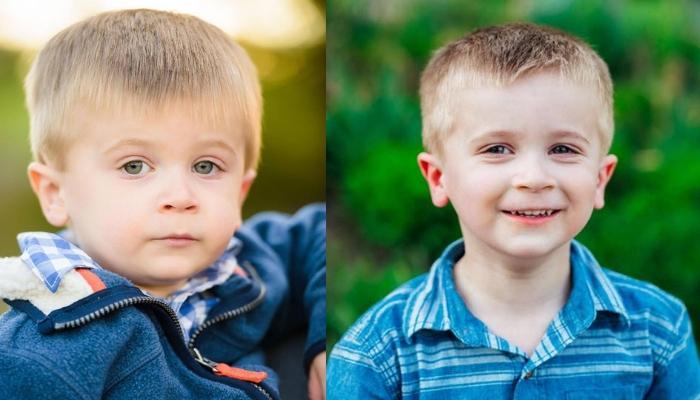The Importance of Early Intervention for Autism
I’ve seen firsthand how early intervention, both behavioral and homeopathic, can significantly impact a child’s development. Starting interventions before the age of three greatly increases the chances of a positive outcome. While it’s challenging to predict the exact level of improvement, I’ve witnessed children making remarkable progress, sometimes even moving off the autism spectrum with the right combination of behavioral therapy and homeopathic treatment.
Understanding Early Intervention
Early intervention involves starting treatments for autism before a child turns three. This can include homeopathic remedies, physical therapy, and social, behavioral, and speech-based treatments. Typically, an early intervention program is a blend of these therapies.
Why Early Intervention is Crucial
1. Catching Them Early
The likelihood of recovery with homeopathic medicines is much higher if treatment begins before the age of three. Early intervention minimizes the developmental gap, making it easier to address the child’s needs. Since the first five years are critical for a child’s growth, early therapeutic intervention helps them acquire new communication skills more effectively. At this stage, undesirable traits are easier to “unlearn” before they become ingrained. Preschoolers are more adaptable, making it easier to shape their behavior with techniques tailored to their needs. I highly recommend Applied Behavior Analysis (ABA) as an effective behavioral therapy for children with autism.
2. Dietary Adjustments
If a child with autism requires dietary changes due to food allergies, it’s easier to implement these interventions at a younger age. Younger children are less set in their food preferences and more adaptable to new diets. Kids with autism often have allergies to foods like gluten, casein, soy, or corn. Introducing substitutions is simpler with younger children, making dietary interventions more effective.
3. Speech Therapy
Early intervention also benefits speech therapy. Preschoolers are still learning pronunciation, so correcting speech issues is easier at this stage. Early speech interventions help establish a functional communication system, whether through verbal speech, picture cards, signs, or assistive techniques. The goal is to equip the child with effective communication skills, not just to teach them to talk.
The Goal of Early Interventions
The main aim of early homeopathic, behavioral, and speech interventions is to help the child develop a robust communication system as soon as possible. This approach ensures that children with autism can communicate effectively, whether through speech or other methods, fostering better interaction and understanding.
In summary, early intervention offers a significant opportunity for children with autism to develop essential skills and improve their quality of life. By starting treatments early, we can make a substantial difference in their developmental journey.




